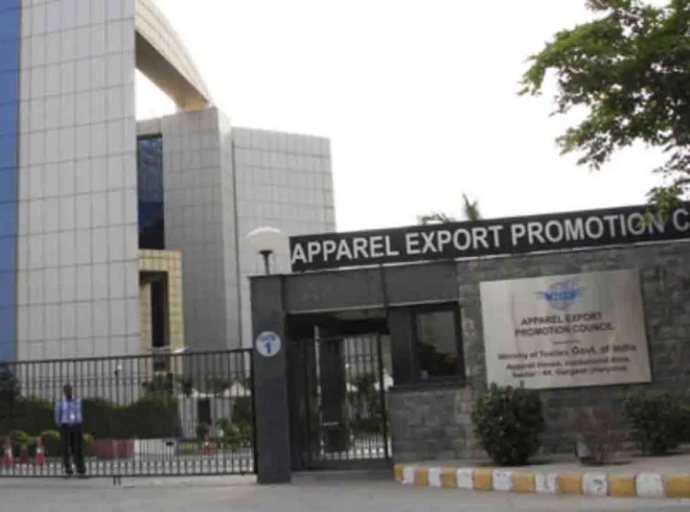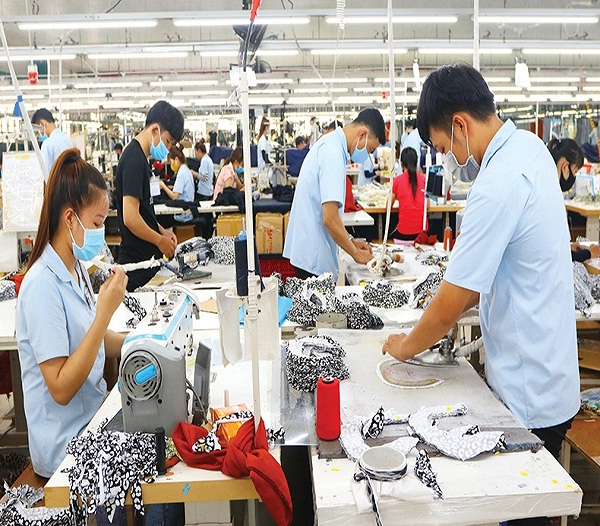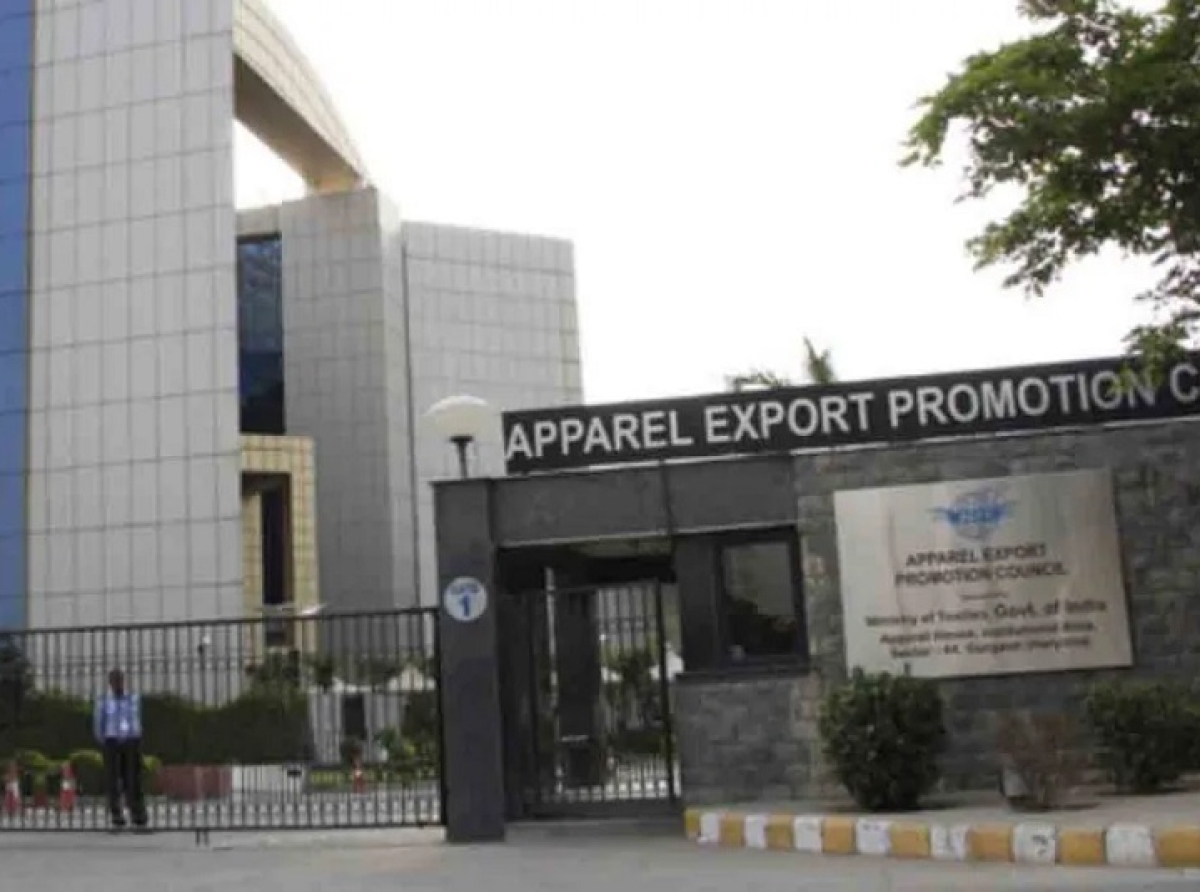14 June 2022, Mumbai:
Bird's Eyeview
India is one of the world's leading apparel-producing nations. With a 5% contribution to the country's gross domestic product, the textile and garment sector is one of the most important contributors to the economy (GDP).
India's apparel and textile business is the second-largest employer, employing 45 million people directly and another 100 million indirectly.
India is one of the world's major jute and cotton producers.

ALSO READ How Favourable Is Rupee's Precipitous Fall For Indian Textile Sector
Trade Landscape
About 95% of the world's hand-woven cloth originates from India, the world's second-largest silk manufacturer. From 2019 to 2025, India's textile and apparel industry is predicted to develop at a CAGR of 10%, reaching US$4 190 billion.
We are witnessing high growth in the apparel sector, with more and more new brands sneaking in and making a mark in the apparel sector.
Additionally, with the international brands shutting down in the European market, the Indian market exports have grown magnanimously, leading to massive market growth.
RELEVANT NEWS Future outlook for wearables strong as demand from smaller cities grows
The demand side of the global industry
In India, as we know that apparel diversity is enormous, and so is the cultural diversity, which is very much liked by the foreign population.
During the years 2021-22, India's exports increased dramatically. During the year, total services and merchandise exports hit an all-time high of US$ 669.65 billion, up 34.5 percent over the previous year.
Cotton yarns and handloom goods exports totaled US$ 1.34 billion in March 2022, a 22 percent increase over March 2021.

RELEVANT NEWS How Seriously Are International Brands Looking at Indian Apparel Sector
Competitive Landscape
In March 2022, the export of artificial textiles, yarn, and made-ups was US$ 0.53 billion, up 15% from March 2021.
India exports textiles and clothing to the United States, the United Arab Emirates, the United Kingdom, Bangladesh, Germany, China, Spain, France, Italy, the Netherlands, Saudi Arabia, and other countries.
The United States is the most significant buyer, accounting for almost one-fourth of India's total exports.

RELEVANT NEWS Someone's Loss Is Someone's Gain: Is the Chinese Textile Industry's Loss India's Gain?
Optimistic Outlook
For this fiscal year, the Centre set a target of $44 billion in exports for the sector, which has been met to 67 percent.
The industry is optimistic that the export goal will be attained. India's exports hit a new high of $37.29 billion in December, up 37 percent yearly.
This is the highest monthly export achievement to date. In December 2020, exports totaled more than $27.22 billion. Last month's export growth was also a 37.55 percent increase over December 2019, which was $27.11 billion.

RELEVANT NEWS RBI Governor Shaktikanta Das: There's no need to fear, even though India's inflation is expected to rise in JanuaryRBI Governor Shaktikanta Das: There's no need to fear, even though India's inflation is expected to rise in January
The worldwide market for artificial fiber apparel and made-ups is about $200 billion.
Still, India's contribution is a pitiful $1.6 billion, accounting for less than 0.8 percent of the global market. Trade agreements with the United Arab Emirates and Australia, as well as those in the works with the United Kingdom, Canada, Japan, and Korea, are expected to enhance garment exports.

Favorable Trade Dynamics
Apparel enquiries diverted from China to India are for real now than ever before. As a result of the Sri Lankan economic crisis, major businesses have begun to transfer their orders from Sri Lanka to India, boosting apparel shipments.
Sri Lanka exports over $5.5 billion worth of clothing each year to international markets.
"With a series of lockdowns in China in recent months, the price of man-made fibre (MMF) imports is expected to rise significantly, resulting in a higher price for some goods in the near future.
China's vacating space in certain categories/loosening grip on the global textile trade has opened a door. Indian firms lack scale and scope to make best out of the emerging opportunities global supply chains are presenting".
Will Indian manufacturers finally step up?
Join our community on Linkedin

























